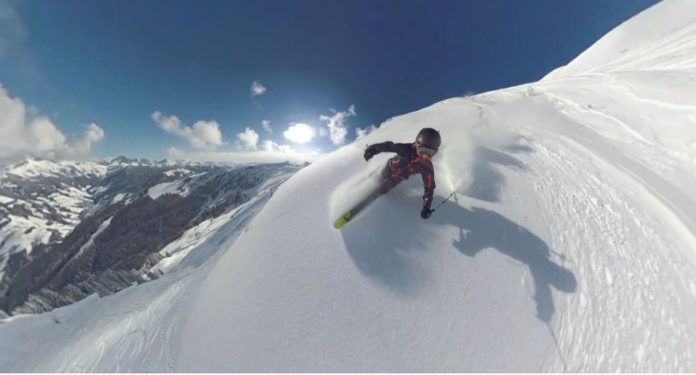No matter which sport you participate in, it is always important to pay attention to safety. This is also true when it comes to skiing. However, when skiing, there are additional safety concerns that you must be aware of to ensure that you have a pleasant and safe time.
As with any other sport, you need to make sure that you are in good physical shape before you start skiing. Visit your doctor and let him or her know that you intend to take up snow skiing.
Also, before each ski session, make sure that you thoroughly stretch your muscles and get them warmed up. Skiing is easy but the sport will have you using muscles that you had forgotten about!
Dress for the elements. When you set out for a day of skiing, you really can’t know what will or will not happen. Make sure that you dress appropriately even though you know that the clothing that you put on may make you feel a little too warm.
Dress in layers, and you can take layers off and carry them in other ways when you need to. The important thing is that you have those layers so that you can put them back on if you need to.
Don’t hit the slopes unprepared. Use a fanny pack or backpack that won’t get in your way and carry a small flashlight, matches in a waterproof container, lip balm, sun screen, a bottle of water, and some high energy snack bars.
If the worst happens, you can start a fire, melt snow for water, have a little food, and survive through the night if you needed to. A two-way radio, with someone else on the other end, is also a good idea. Make sure that you carry extra batteries. The cold will affect the energy that is in the batteries.
Make sure that your equipment is in tip-top condition. As your equipment becomes worn, make sure that you replace it, or have it repaired. Check your equipment thoroughly before each and every ski session.
Never hit the slopes without knowing what the weather is supposed to do. Pay attention to warnings, watches, and advisories, and don’t take unnecessary chances.
If a white out is expected, don’t go skiing wait until it passes, and enjoy all that fresh powder then! Also, make sure that you understand what causes avalanches, and what you should do in the event of an avalanche. It happens. Don’t assume that it won’t happen to you!
When skiing, make sure that you stick to trails that you can handle at your ski level. It is also a good idea to have a ski buddy along with you in case of an emergency. Always let someone know what area that you will be skiing in as well.
Overall, just paying attention to your personal safety, as well as to your surroundings, is the key to a safe and enjoyable ski trip. Face the challenges, but avoid taking risks that just aren’t necessary. Stick to the trails!

